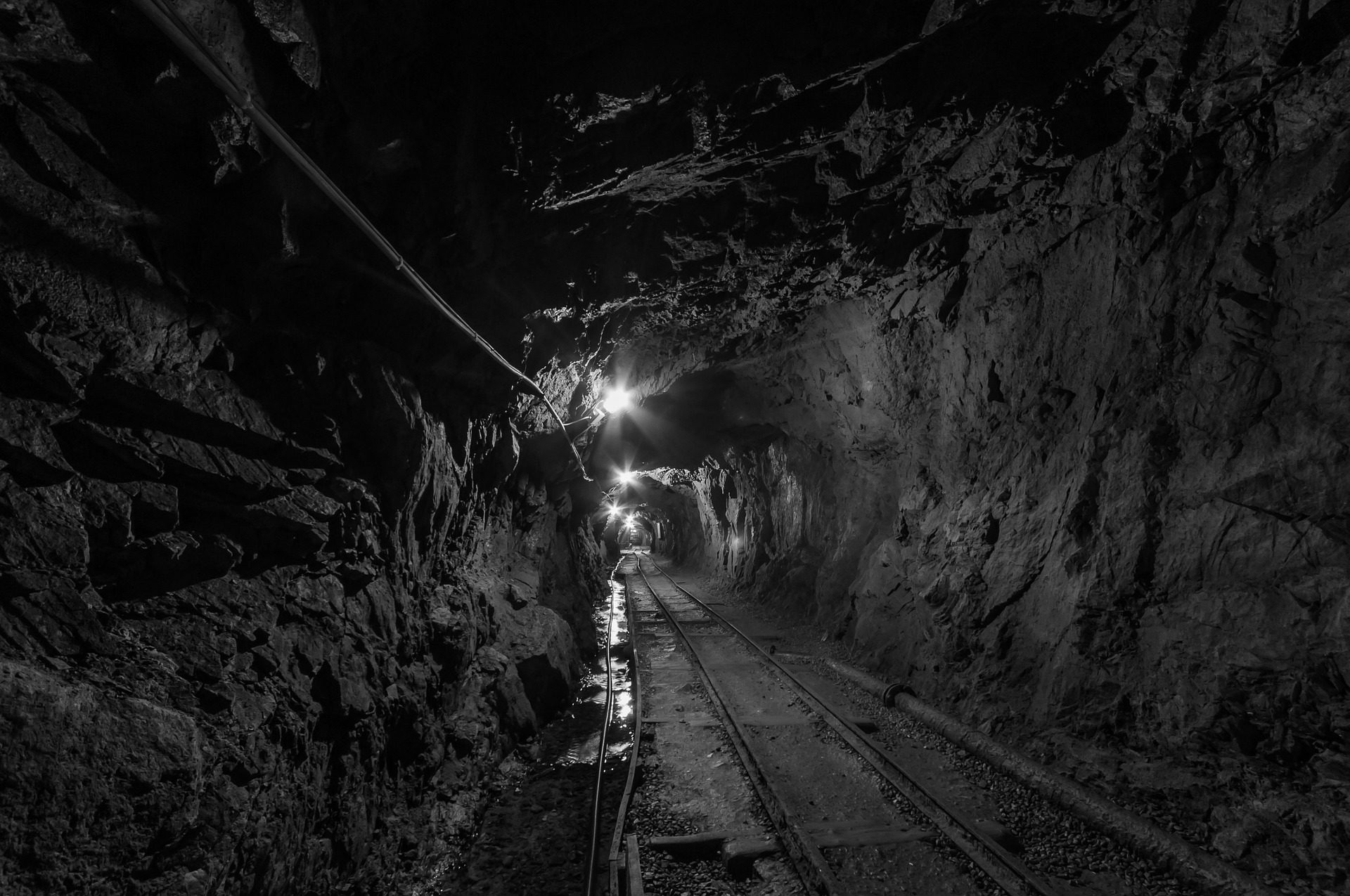
The Congo, cobalt and cash: what connects SDGs 9 and 8.7?
The Rights Track podcast gets the hard facts about the human rights challenges facing the world today and aims to get our thinking about human rights on the right track.
The podcast is hosted by Professor Todd Landman, a human rights scholar and champion for the advancement of human rights understanding.
Each episode is an insightful, compelling and rigorous interview with academics engaged in systematic human rights research.
In Episode 8 of Series 5 Todd is joined by Siddharth Kara and Hannah Lerigo-Stephens. Siddharth is an author, researcher, screenwriter and activist on modern slavery who has spent many years investigating the issue of forced labour in cobalt mining areas in the Congo. He recently supported 14 families in the Congo to launch a landmark legal case against Apple, Microsoft, Del, Google and Tesla for what they consider to be their complicity in the injuries and deaths of their children. Hannah has worked with leading food retailers like the Co-op and Morrissons to improve labour standards in their global supply chains and now leads the Rights Lab’s Monitoring and Evaluation Unit at the University of Nottingham, where she translates research evidence into resources for businesses and organisations looking to work ethically and sustainably.
0.00– 04.35
Todd begins by asking Siddharth to give an overview of his work. Siddharth has worked in over 50 countries collecting evidence and documenting the lives of workers atthe bottom of the supply chain and the conditions under which they work. He explains that:
- Severe exploitation including child labour, forced labour, and modern slavery can be found in all sectors and in all countries
- His current focus is cobalt mining in the Democratic Republic of Congo
- 70% of the world’s cobalt is mined in the Congo.
- Cobalt is an essential component in the manufacture of rechargeable batteries
- The manufacture of items using rechargeable batteries (e.g. phones, computers, cars) generates very high incomes for companies like Apple and TESLA. Very little of that income trickles down to the bottom of the supply chain
04.35 – 07.30
Siddharth references a small area in South East DR Congo where cobalt mining takes place. He says that:
- 40% of cobalt is mined by hand (artisanal mining) under extreme conditions without protective clothing (PPE), with exposure to toxic uranium ore and with the constant threat of tunnel collapse
- Cobalt ore finds its way via informal channels into the formal supply chain
07.30 – 09.55
Todd asks Siddharth to describe how remote sensing technology developed by the Rights Lab (Slavery from Space) has been used.
- Known locations of artisanal mining in DR. Congo have been geo-tagged by Siddharth. This data is used to review satellite images and via an algorithm, identify other mining sites to produce a map of artisanal mining.
- This also shows environmental damage caused by large scale mechanised mining.
09.55 – 14.48
Hannah’s contribution starts with a rejection of the argument that labour exploitation is the result of the complexity of modern supply chains. She says:
- The main issue is the imbalance of power between major companies like Apple and Tesla at the top of the chain generating massive income and exploited workers at the bottom of the chain
- Buyers at the top of the chain force prices down
- The situation is exacerbated by a lack of state regulation
14.48 – 18.35
Todd moves on to ask about how a redistribution of income could be achieved. In Siddharth’s view contemporary capitalism works in an unequal way. He believes that:
- Value is concentrated at the top of the supply chain, where profit margins are wide. Yet artisanal workers make $1/2 per day
- There is neither the will nor compulsion to re-distribute income
- “even a rounding error on the balance sheet would be transformative” to the lives of the workers
- Companies at the top hide behind the “opacity” in the supply chain and feel no responsibility towards the workers at the bottom
- Blame for exploitation trickles down the supply chain
Siddharth concludes by arguing that the major transnational companies must take responsibility for their supply chains.
18.35 – 21.18
Todd brings in Hannah to review the impact of current legislation on modern slavery.
She refers to the UK Modern Slavery Act and its requirements. She argues that the focus is on reporting, but there are loopholes in the wording and language is not strong enough. There is a need for target setting and evaluation within companies.
21.18 – 25.00
Siddharth refers to an article for the Guardian newspaper as a result of his experiences in DR Congo and describes in detail strategic litigation against Apple, Google, Microsoft, Dell, and Tesla to force them to take accountability for conditions in their supply chais. The aims of this he says are:
- For the voices of the exploited to be heard
- Obligations to be placed on these companies around exploitation, free supply chains, and environmental impact
25.00 – end
Hannah emphasises the importance of holding major companies to account, and for greater reflection and evaluation of practices. She sets out the business case for having better knowledge of supply chains, and says lack of knowledge is a weakness.
Siddharth concludes by arguing that the status quo whereby the global north continues to enrich itself by using its political and economic power to exploit the global south needs to change.
Further reading
Diffusion of labour standards through supplier–subcontractor network Stefan Gold, Thomas Chesney, Tim Gruchmann , Alexander Trautrims
Listen to more episodes of The Rights Track here.
